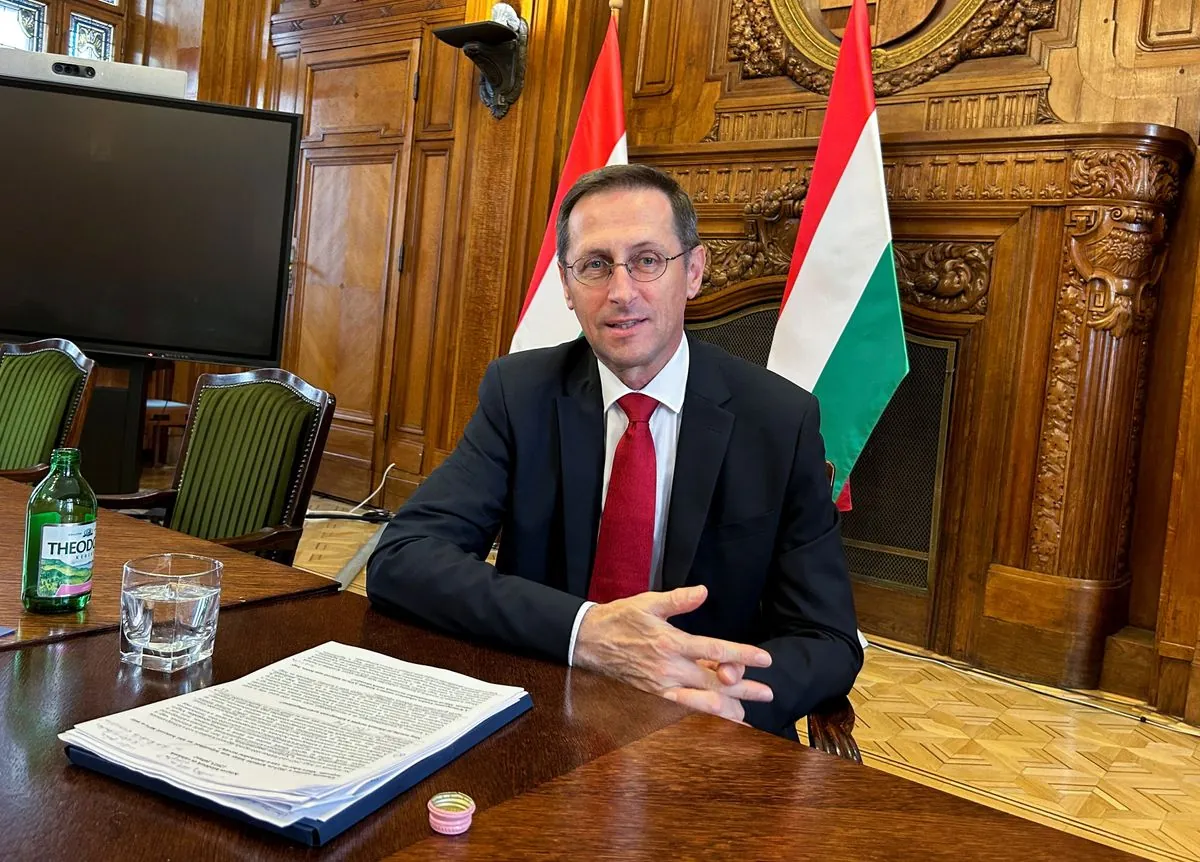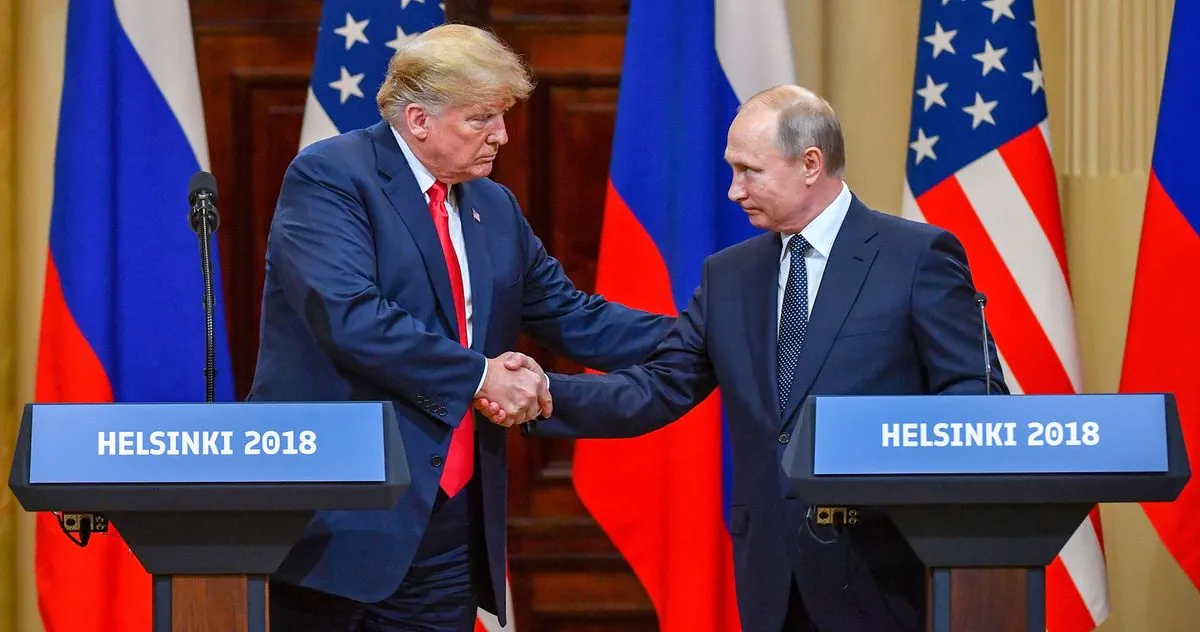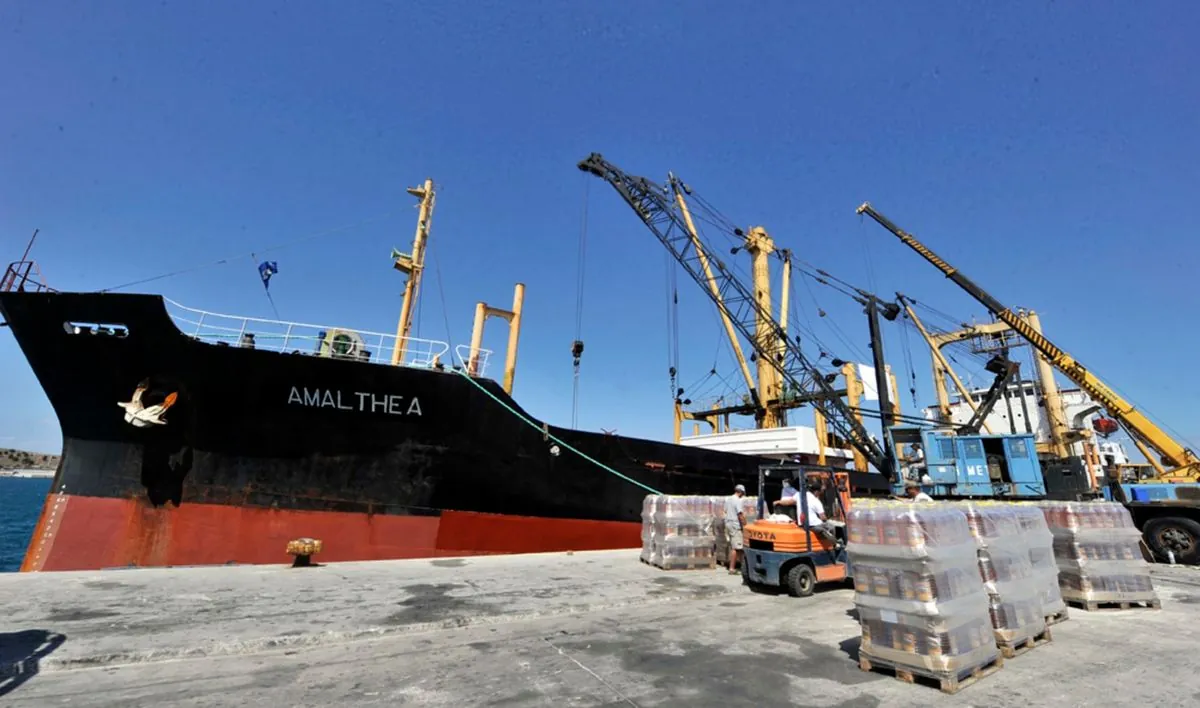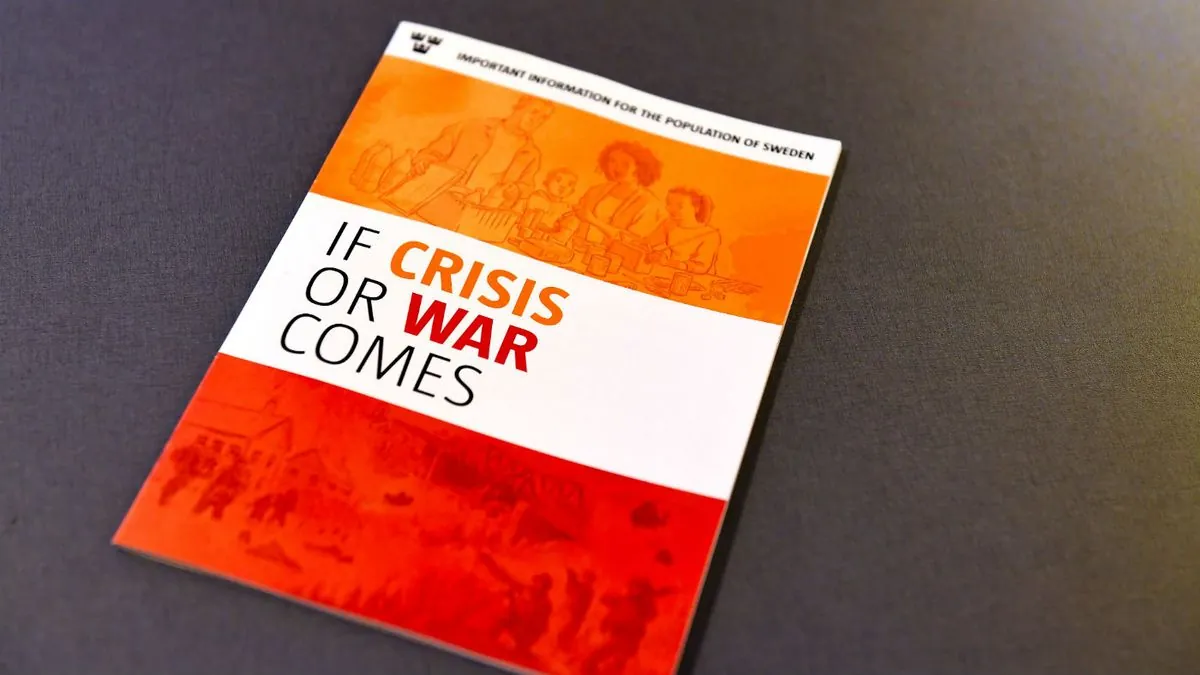Hungary Stalls $50B Ukraine Loan Deal, Awaits U.S. Election Outcome
Hungary delays decision on EU sanctions renewal, impacting $50B G7 loan to Ukraine. Final agreement postponed until after U.S. presidential election, affecting loan backed by frozen Russian assets.
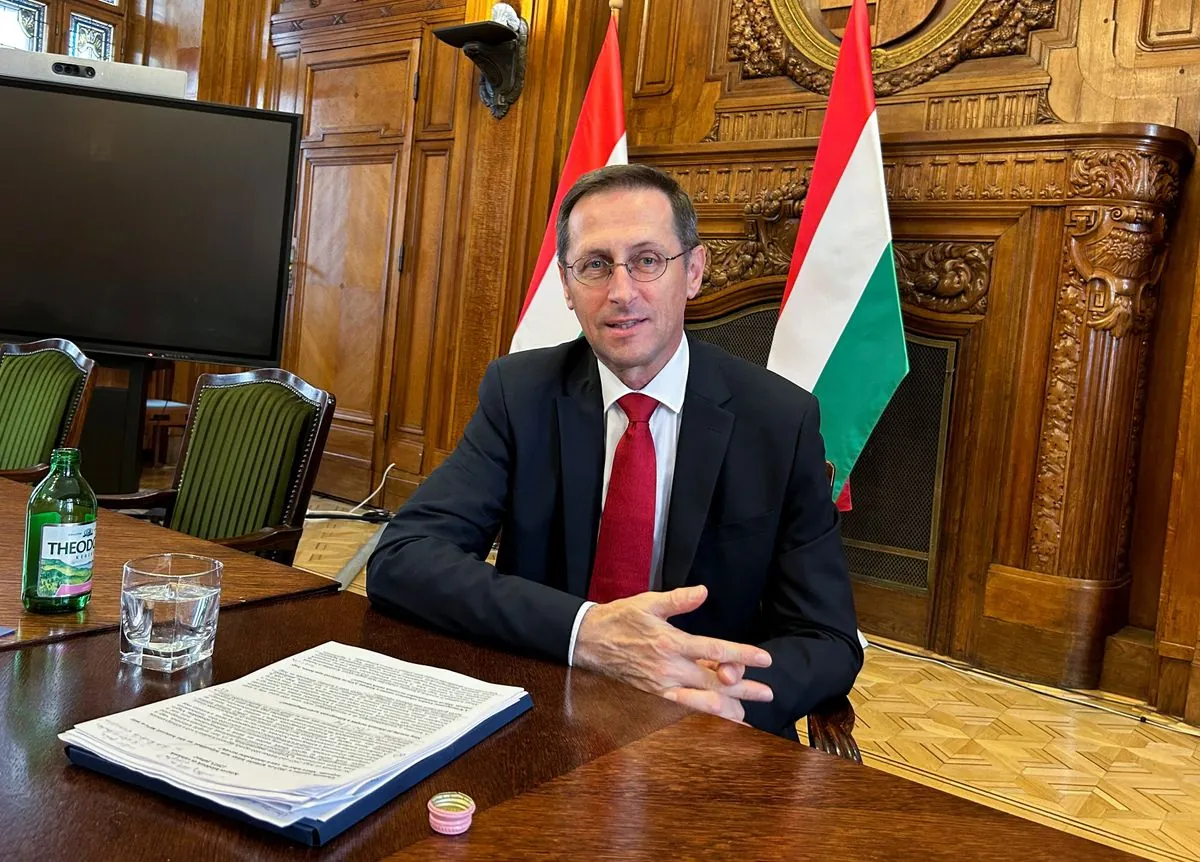
In a significant development affecting international financial aid to Ukraine, Mihaly Varga, Hungary's Finance Minister, has announced that his country will postpone its decision on the renewal timing of EU sanctions against Russia. This delay directly impacts the finalization of a $50 billion loan package from the G7 nations to Ukraine, pushing the agreement until after the upcoming U.S. presidential election on November 5, 2024.
The G7, an informal forum of leading industrial nations founded in 1975, has been at the forefront of supporting Ukraine since Russia's invasion in early 2022. The proposed loan, initially agreed upon by G7 leaders in June 2024, would be backed by approximately $300 billion in frozen Russian central bank assets, a result of sanctions imposed on Moscow following the invasion.

The United States, a key player in this financial arrangement, has expressed a preference for the EU to revise its sanctions renewal timeframe from the current six-month period to every three years. This change is crucial for Washington's commitment to contribute $20 billion to the loan, matching the European Union's contribution. The remaining $10 billion is expected to come from other G7 members: Canada, Britain, and Japan.
"We believe that this issue, the prolongation of the Russian sanctions, should be decided after the U.S. elections. We have to see in which direction the future U.S. administration is going with this issue."
Hungary's decision to delay its stance on sanctions renewal highlights the complex interplay between EU member states' individual policies and broader international financial commitments. As a member of the EU since 2004, Hungary's position significantly influences the bloc's unanimous decision-making process, especially in matters of foreign policy and sanctions.
The European Union has indicated that proceeds from all frozen Russian assets in the West could potentially finance a loan of up to €45 billion ($49.44 billion). With the majority of these assets located in Europe, the EU has proposed providing up to €35 billion for the G7 loan, a figure that would be adjusted based on the United States' contribution.
This situation underscores the intricate relationship between international financial aid, diplomatic sanctions, and domestic political considerations. The G7 finance ministers are scheduled to further discuss this matter at their meeting in Washington in late October 2024. However, Hungary's stance means that the final contributions from each G7 country will only be determined after the U.S. presidential election.
The delay in finalizing this loan package comes at a critical time for Ukraine, as the country continues to grapple with the economic and humanitarian consequences of the ongoing conflict. The international community's ability to provide substantial financial support remains crucial for Ukraine's stability and reconstruction efforts.
As the situation unfolds, the eyes of the international community will be on both the U.S. election outcome and the subsequent decisions made by Hungary and other EU member states regarding sanctions and financial aid. The resolution of this matter will not only impact Ukraine's immediate financial future but also shape the landscape of international cooperation and economic diplomacy in the years to come.






























